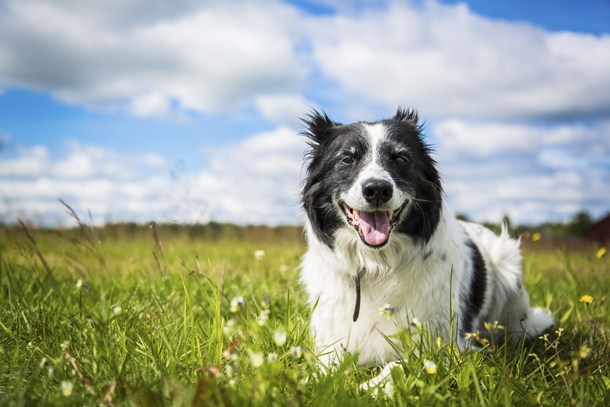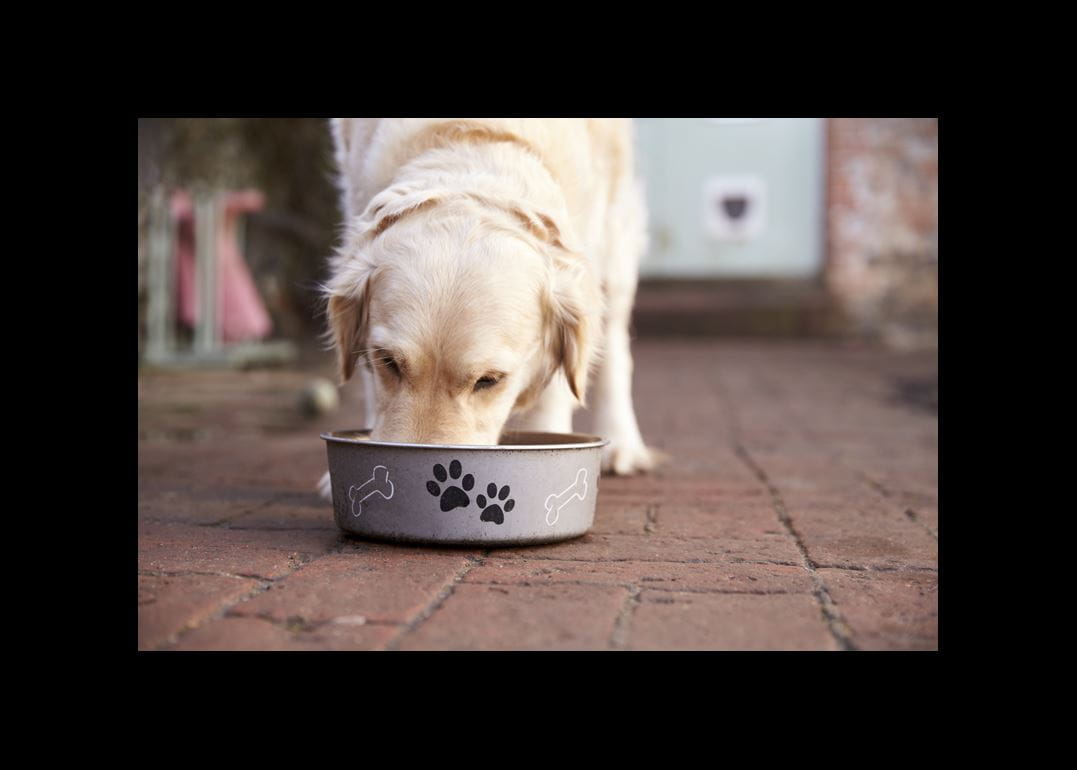GET STARTED!
“I believe the second half of one’s life is meant to be better than the first half. The first half is finding out how you do it. And the second half is enjoying it.”
~Frances Lear
Thanks to better dietary options and veterinary care, dogs are now living longer and more fulfilling lives. With increased life-expectancy, dogs can face more age-related health problems such as arthritis, diabetes and gastrointestinal issues, so it’s a good idea to learn how to look after your dog in its older years. As your dog ages, their nutritional needs begin to change.
It can be tricky to figure out when it’s time to start switching your adult dog to a senior-diet, but by doing a some research and checking with your vet, you should get a sense of when the time is right. There are a number of different factors that can determine when a dog is classified as ‘senior’. These can include breed, genetics, and lifestyle. Larger breeds usually have senior dietary needs earlier than smaller breeds, and dogs with more active lifestyles usually hold off the effects of ageing for longer. Typically, a giant breed dog can be classified as a senior from as early as five years of age, a large breed can be classified as a senior from six years, and small and medium breeds can be classified as a senior from seven years of age.

WHAT NEEDS DO SENIOR DOGS HAVE?
As dogs get older, it can be common for them to experience more health issues. This includes ageing joints, illness, delicate digestion and help needed to manage a healthy weight.
Energy Intake
As dogs age, their activity levels may decrease and their metabolic rate begins to slow down. Some senior dogs go through changes in their body composition, losing lean muscle mass and gaining body fat which can cause weight-gain and lead to further health issues.
Gastrointestinal Health
Digestion issues can be more common in older dogs and can cause very uncomfortable symptoms like constipation and diarrhoea. Making sure water is readily available, regular exercise and quality diet tailored to a senior life stage are all important.
Joints
Conditions such as arthritis, joint pain and obesity are all more likely to develop as a dog gets older and can be from a number of reasons like increased stress on the joints and genetics.
Dental Disease
Dental disease can be another problem for senior pets if they haven’t had proper dental care during adulthood. If your dog has severe dental disease problems, it’s a good idea to discuss some alternative options with your vet. Your pet’s health is very important, so remember that your dog needs to be examined by a vet at least once a year. It’s easier to prevent a health issue, rather than treat one.
Appetite Loss
Appetite loss can occur as dogs begin to age. This can be because they aren’t burning the same amount of energy, so their appetite decreases. For other dogs, it can be because they suffer from dental issues that give them discomfort when they try to eat. Others simply begin to lose their sense of smell and taste, so they don’t enjoy their food as much.

WHAT FOOD SHOULD I FEED A SENIOR DOG?
With so many potential issues for senior dogs, it’s important to choose a diet that helps prevent and relieve problems. For each of the previous issues, we’ve noted down a couple of ingredients to look for in your senior dog’s diet!
Energy Intake
To manage a senior dog’s different energy needs and slower metabolism, senior diets should have a controlled number of calories to keep their weight-levels healthy. Diets that are too calorie dense can lead to weight gain if the exercise does not match their energy needs. To combat loss of lean muscle mass, look for Senior Diets that have highly digestible animal proteins to make sure the protein is being absorbed and used by the body instead of being stored away as fat.
Gastrointestinal Health
Senior Diets should contain fibre and prebiotics to help assist their digestion. Older dogs can suffer from constipation and other gastrointestinal issues, so feeding them a diet with added fibre and prebiotics can help keep them regular and comfortable.
Joints
To help with joint problems and arthritis, look for Senior diets that contain glucosamine and chondroitin sulphate , along with Omega 3 oils to help reduce joint inflammation and ease any discomfort. These conditions can have their effects reduced and even avoided when a senior dog is fed a high-quality diet that certain preventative measures.
Dental Disease
All Eukanuba™ Senior Diets include our easy chew kibble with dental defense to help reduce plaque and maintain strong teeth.
Appetite Loss
To help with appetite loss and to encourage senior dogs to eat, some owners may like to mix wet food into their pet’s meals. Wet-food can have an appetising aroma that helps tempt older dogs and the softer textures make it easier for sensitive teeth to chew. You can also try dividing their food into two or three meals a day , this can help with managing picky eaters and reduce wastage in the bowl. If they’re still not eating, there could be another issue, so a trip to the vet is a good idea to rule out anything concerning.








